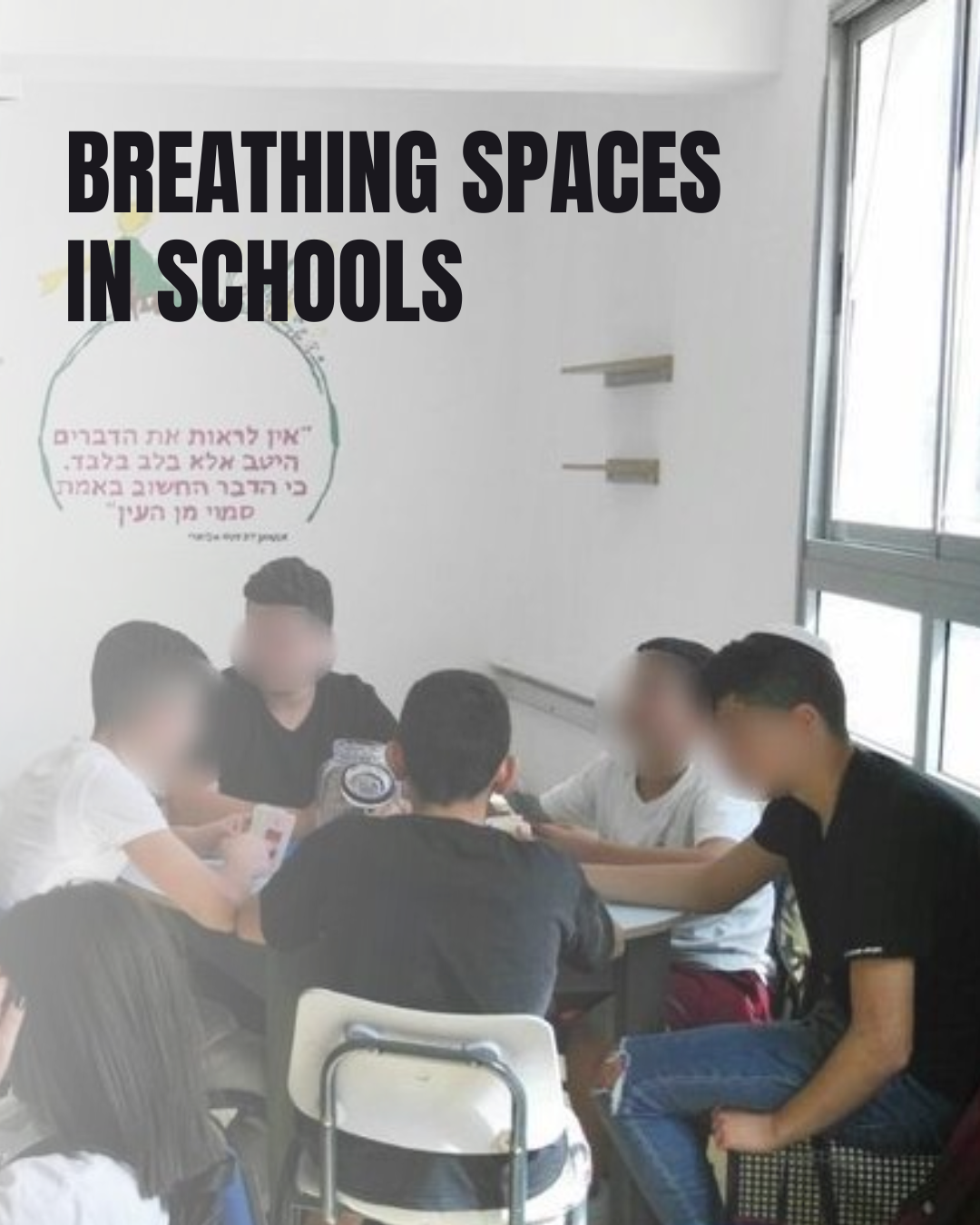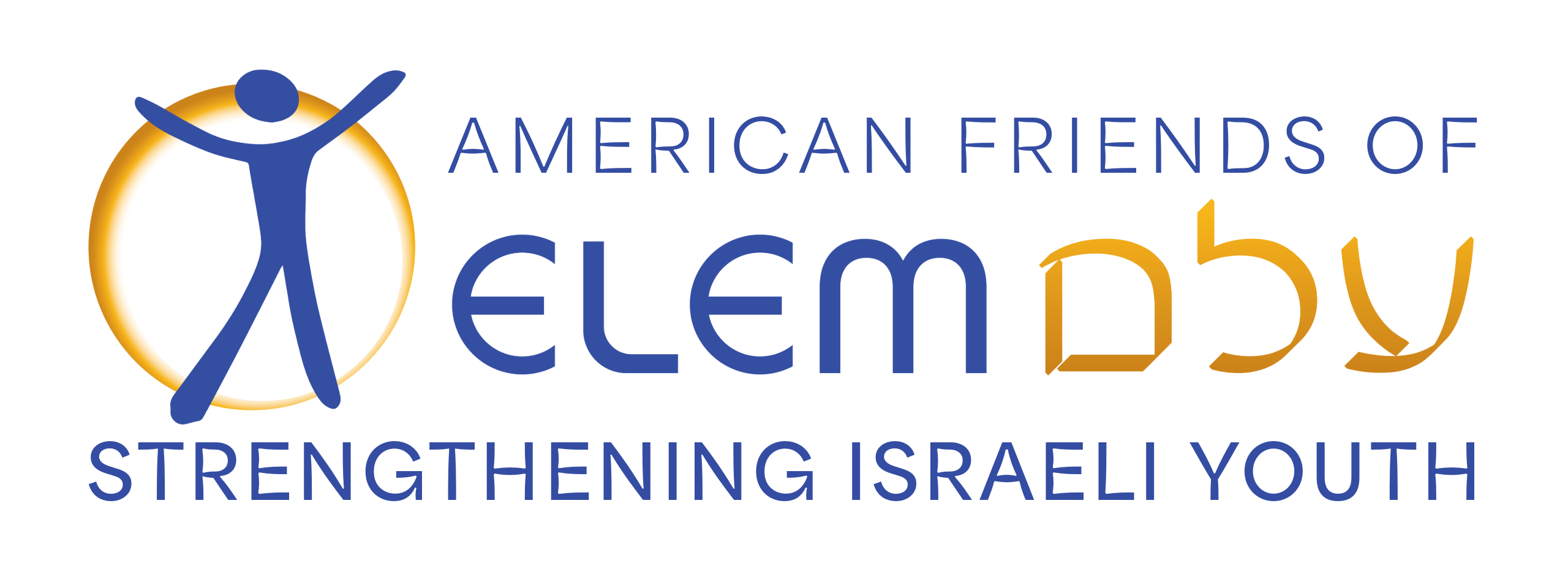On October 7th, 2023, Israel experienced the largest national catastrophe since its establishment. As of June 2024, approximately 200,000* people have been evacuated from their homes. About 30% of these displaced people are teens and young adults. Halfway through the year, ELEM presents an updated report on the status of these newly at-risk youth.
50%
of displaced youth are dropping out of traditional school, family, and social frameworks.
47%
consume drugs and alcohol at alarming rates, starting as young as 12.
30%
of evacuated youth are using or abusing psychoactive substances.
1 in 4
displaced teens and young adults suffer from depression and/or anxiety.
Teenagers from the North use drugs and alcohol at twice the rate of their Southern counterparts. 22% of evacuated teens from the north, compared to 5% from the south, participate in unsupervised parties. This is four times the number of teens in the north displaying this risk behavior. These alarming statistics concerning teens from the north are a stark warning.
*Due to the unstable situation, this number is often changing. The latest data indicates 200,000 internally displaced people.
Learn how ELEM is helping, and make a donation today.

Breathing Spaces
Four new In-School Breathing Spaces: Eshkol region, Ofakim, Netanya, and Tiberius (North)
Five preexisting In-School Breathing Spaces: Kiryat Shmona, Nof HaGalil, Ashdod, two in Holon
The In-School Breathing Spaces are an expansion of the hotel and kibbutz-based Breathing Spaces and build on ELEM’s preexisting Shluk and drop-in center programs. ELEM’s understanding of and experience working in school systems positioned us to quickly create partnerships with schools hosting evacuated youth and continue the system of providing support throughout the entire day.
In-school Breathing Spaces identify and provide informal emotional support to teenagers in the education system, who find it increasingly challenging to participate in school activities due to the war. Many of these teens demonstrate risk behaviors and are in danger of overt or covert attrition.
ELEM is now focusing on creating full systemic support for these youth, ensuring they can connect with mentorship, community, and social-emotional frameworks throughout the day. Our longstanding, innovative approach provides trauma support and interventions in the places most needed to the youth most at risk.
ELEM Digital
Teenagers see the virtual world as a familiar space. When the war broke out and physical public spaces closed down, the internet remained available, immediate, and familiar to them; their intuitive response was to turn to it to express their feelings, to search for groups of peers, to find resources for handling their situation, and for connection.
4,995 youths have received services and support in ELEM’s digital platforms since October 7th.
ELEM has documented:
- A 47% rise in appeals for emotional support on our digital platforms compared to the pre-war period.
- 2,504 appeals from teenagers in distress who reached the mental health support that ELEM operates on WhatsApp and in our chat.
- A 58% rise in emotional support giving (interventions initiated by staff).
- 2,003 identifications and initial interventions with teens who expressed emotional distress on social media such as TikTok, Instagram, and other websites.
- 431 appeals of teens on our Arabic chat services; compared to only 230 before the war.


Looking Forward: Establishing Long-Term Solutions
Our emergency activity in the centers for evacuated teens has once again proven that one of ELEM’s greatest advantages is being flexible and informal in its programming.
ELEM is outstanding in its field. It is able to effectively identify and reach out to teens in need, create judgment-free relationships, meet youth on their own turf in informal settings, and open the door for counseling, support, and meaningful change for teens who would otherwise not access any therapeutic systems.
Given the complexities of the war situation and its ramifications for youth, ELEM continues to forge channels of cooperation with government ministries, public institutions, businesses, foundations, and other NGOs—both in Israel and the US—to advance and develop new responses to current distresses among teenagers.
We are promoting a trauma-oriented holistic model for intervention and care, consisting of a series of responses meant for long-term handling of exposure to trauma and the interruption of life and routine that teenagers have experienced by creating a safe and stable environment within the local municipality level.



